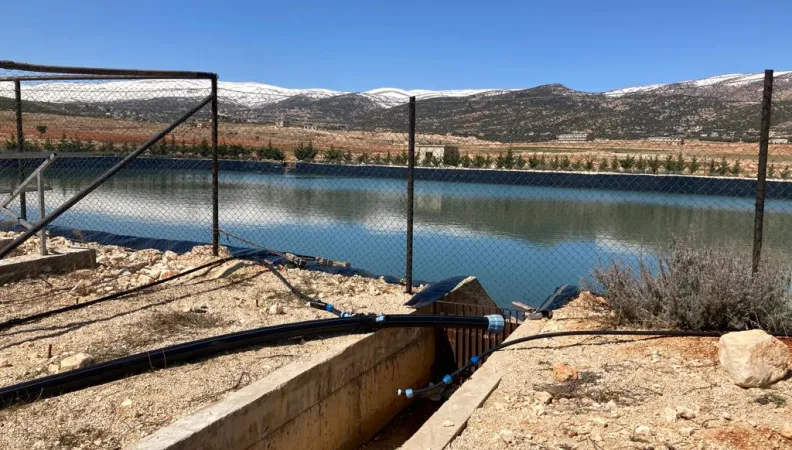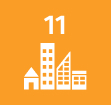Share the page
Co-create and raise awareness to improve agricultural system resilience (Sup-Med)
Project


-
Project start date
-
Status
Completed
-
Estimated date of project termination
-
-
Project financing date
-
-
Financing duration
-
4 years
-
Type of program
-
FFEM
-
Global financing amount
-
€ 6 600 000
-
FFEM financing amount
-
€ 1 700 000
-
Project lead member institution(s)
-
Ministry of Agriculture and Food sovereignty
-
Country and region
-
Egypt, Lebanon
-
Type of financing
-
Beneficiaries
-
CIHEAM
-
Type of beneficiary
-
International organisation



In Egypt and Lebanon, water stress, desertification and over-exploitation of the water table are damaging agriculture. The FFEM is supporting the SupMed project in order to reduce this over-exploitation of water resources and improve incomes for farming households, in a structured, sustainable way.
Context
During COP21, held in Paris in 2015, Middle-Eastern and North African countries were encouraged to innovate in order to adapt to climate change. Mitigation and adaptation strategies are particularly needed in Egypt and Libya, where water management is hampered by the adoption of unsustainable agricultural practices and irrigation methods.
Sponsored by the CIHEAM-IAMM and supported by the FFEM, the SupMed project seeks to conserve water resources and improve incomes for farming households in two regions, the Beqaa plain in Libya and the Luxor governorate in Egypt. This is part of the “4 per 1000” initiative, “Soils for food security and climate” promoted by France which aims to combine the goals of mitigation and adaptation by improving agricultural system resilience.
Description
The project has 6 components:
- Raising awareness among local actors of the impacts of climate change, agroecological practices, and improvement of irrigation infrastructure.
- Collective co-construction and selection of strategies in adaptation and mitigation to better manage water demand, diversify production and improve incomes for farming households.
- Using a contextual decision-king tool based on bioeconomic modelling.
- Volunteer farmers implementing in the field the strategies emerging from the model.
- Promoting and disseminating the results from SupMed.
- Coordinating the activities of governance, expertise selection on the ground and project monitoring.
Impacts
- Renewal and strengthening of irrigation infrastructures in the two regions.
- Identification and testing of technical roadmaps (adapted crops, rotation), production models and strategies for adaptation to climate change.
- Reinforcement of regional agricultural management able to provide advice in matters of contextualised adaptation strategies.
- Dissemination of agroecological practices at large scale.
- Development of adaptation strategies by universities and national research centres through the use of bioeconomic modelling tools.
- Strengthening government ministries ready to devise regional and national agricultural strategies.
Sustainable Development Goals
ODD8 Decent work and economic growth

ODD13 Climate action

ODD11 Sustainable cities and communities



